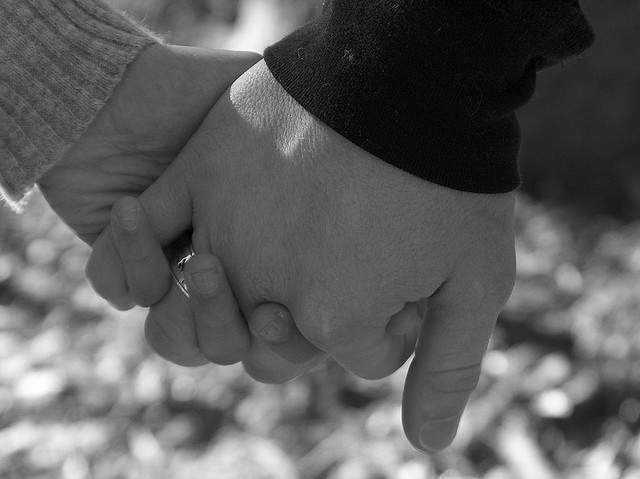
It's time to go again to the A Moment of Science mailbag. A listener writes:
Dear A Moment of Science,
Here's an age-old question: if the purpose of evolution is to pass along our genes, then how do we explain the human capacity for altruism. In other words, how and why is it that we have the capacity to help people not related to us, even when there's no apparent evolutionary benefit?
That is indeed a time-honored question. One common theory is that altruism is sort of self serving insofar as helping others makes us feel good, and that feeling good about ourselves is beneficial.
Alturism
One study posits a variation on that theory: namely, that helping others not only makes us feel good but actually makes us healthier and even prolongs our lives.
Well, the researchers looked at survey data from nearly 850 subjects whom they'd asked about stressful events they'd experienced during the past year, and also about whether they'd provided assistance to family or friends during the same time.
They found that those who'd helped others were less likely to die when faced with a stressful experience like an illness, job loss, financial problems, or death of a family member.
Helping Others
It's not exactly clear why helping others had this effect. The researchers simply concluded that helping others somehow buffers the association between stress and mortality.
So, in other words, reaching out to people in need somehow mitigates the effects that stress has on the body. Interestingly, though, there's little to no evidence that receiving help promotes health or longevity. So it may really be better to give than to receive.









